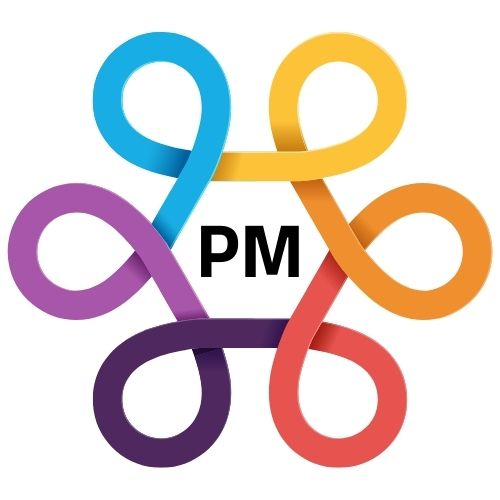SEO and AI in the Travel and Hospitality Industry

SEO and AI in the Travel and Hospitality Industry...
The travel and hospitality industry is highly competitive, with businesses constantly vying for online visibility to attract tourists and travelers. Search Engine Optimization (SEO) plays a crucial role in helping hotels, travel agencies, and booking platforms rank higher on search engines. With the rise of Artificial Intelligence (AI), SEO strategies have become more refined, enabling businesses to improve search rankings, personalize customer experiences, and enhance engagement.
How AI is Revolutionizing SEO in Travel and Hospitality
AI-powered SEO provides businesses with data-driven insights and automation tools that optimize digital marketing efforts. Here’s how AI is transforming SEO in the travel and hospitality industry:
1. AI-Powered Keyword Research and Content Optimization
AI helps businesses identify the best-performing travel-related keywords by analyzing search patterns and user intent.
- Predictive keyword analysis identifies trending travel destinations and seasonal keywords.
- Natural Language Processing (NLP) enables content optimization for voice and conversational search queries.
- Automated content recommendations suggest high-ranking topics based on user engagement.
2. Voice Search Optimization for Travelers
With the increasing use of voice assistants like Google Assistant and Siri, AI helps optimize travel websites for voice search by:
- Focusing on long-tail, question-based keywords such as “What are the best hotels in Paris?”
- Structuring content with FAQ-style answers to match conversational queries.
- Implementing schema markup to enhance featured snippets in search results.
3. Personalized User Experiences and AI Chatbots
AI enables travel businesses to create personalized customer journeys by:
- Analyzing user behavior to offer customized travel recommendations.
- Using AI-powered chatbots to assist travelers with bookings, inquiries, and itinerary planning.
- Optimizing dynamic pricing strategies based on demand, competitor pricing, and user preferences.
4. Enhancing Local SEO for Hotels and Restaurants
For hospitality businesses, local SEO is essential to attract nearby travelers. AI enhances local SEO by:
- Managing Google My Business (GMB) profiles to ensure accurate location details and availability.
- Analyzing local search trends to optimize content for regional travel interests.
- Encouraging and responding to customer reviews to improve search credibility.
5. AI-Driven Visual Search for Travel Experiences
AI-powered image recognition helps travelers search for destinations and accommodations through visuals by:
- Enabling reverse image search for travelers seeking similar vacation spots.
- Generating automated alt-text and metadata to enhance image search rankings.
- Enhancing visual storytelling through AI-optimized video content.
6. Predictive Analytics for SEO and Market Trends
AI-driven predictive analytics helps businesses stay ahead by:
- Forecasting seasonal travel demand and search trends.
- Identifying high-converting keywords and content strategies.
- Analyzing competitor SEO performance for better optimization tactics.
Challenges of AI-Driven SEO in Travel and Hospitality
While AI enhances SEO, businesses must address challenges such as:
- Maintaining content authenticity and ensuring AI-generated recommendations align with brand voice.
- Complying with search engine guidelines to avoid keyword stuffing or over-automation.
- Balancing AI automation with human customer service to maintain personal connections.
Conclusion
AI-driven SEO is transforming the travel and hospitality industry by improving keyword targeting, personalizing experiences, enhancing local SEO, and utilizing predictive analytics. By leveraging AI-powered tools, travel businesses can attract more qualified leads, improve customer engagement, and drive higher bookings. As AI continues to evolve, integrating it into SEO strategies will become essential for businesses to remain competitive in the travel market.
